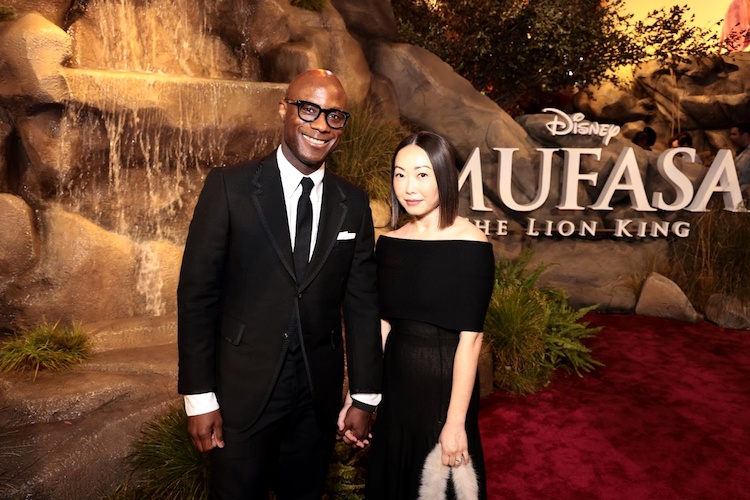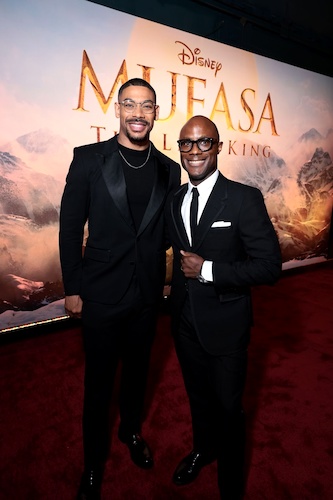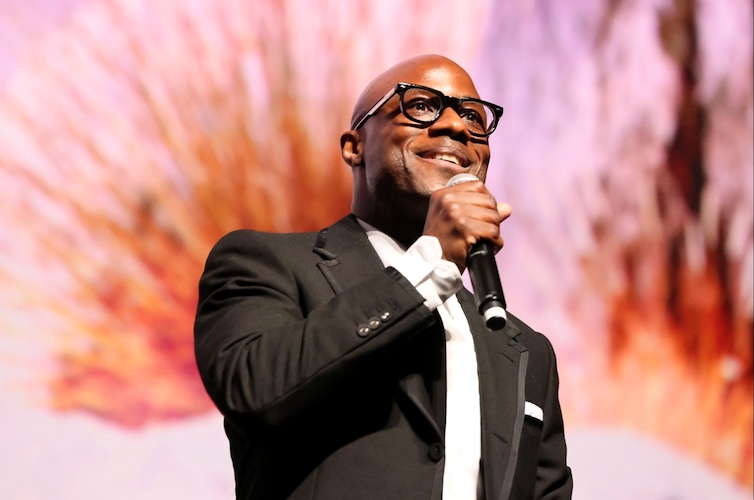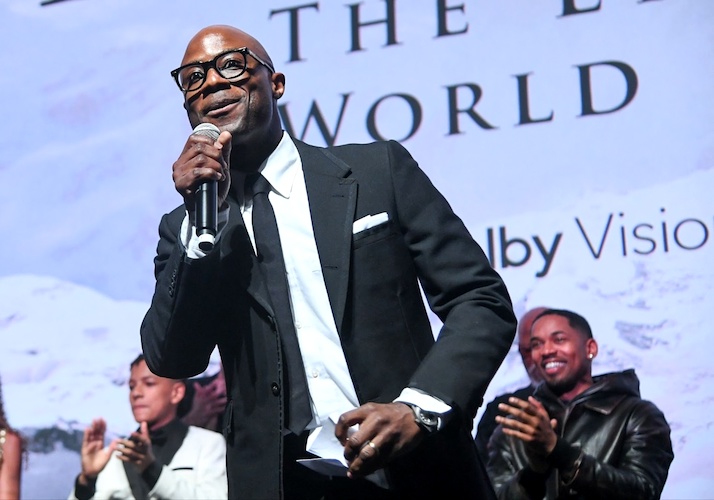Q&A – “Mufasa: The Lion King” Director Barry Jenkins Discusses His Love for the Original and How He Made This Prequel His Own
Last week Laughing Place was invited to participate in a press conference in promotion of Walt Disney Studios new film Mufasa: The Lion King, during which its director Barry Jenkins (Moonlight) discussed how he was able to bring his own unique creative voice to a long-established franchise.
“When I first read the script by Jeff Nathanson, I realized I had assumed so many things: [not only] about how one becomes a king, but [also] how one becomes James Earl Jones," began Barry Jenkins. “As a 15-year-old [watching the original film], this character just [seemed like he] knew everything and came from the perfect circumstances. It was really cool to read Jeff's script and see that all these things that we've concretized over 30 years about how someone becomes the perfect father, the perfect leader– that my assumptions of what the path was, [were] totally not correct. There was a different way that I could actually relate to more as someone who grew up far outside the path or the system that leads you to become a great leader and in that sense. I found myself closer to Mufasa in this interesting way, and I realized audiences would find themselves closer as well if we did our job, cast the right [performers], just leaned in, and tried to really build a life that the people could see themselves in and they could really, truly love– just bringing all this added levels of complexity to Mufasa."

“I think it all really starts with living in what it is about the legacy that you're walking in– the shadows and the footsteps and the things you want to honor," said Jenkins about creating a new entry in a beloved franchise. “You know, there's a reason why people fall in love, and I've been in love for 30 years with The Lion King. Once I diagnosed what that was, it was just clarity of emotion and clarity of purpose. And I felt like in Jeff Nathan's script, those things were there, in spades and character. Sarabi is a perfect example: when I first read the script, at the prompting of my wife, I realized there was just such a deep depth in so many of these characters that hadn't been on the periphery, but there just wasn't space for their stories to be told in full– for them to show their full selves. And once I saw those things, I saw all of this clarity of intent, clarity of purpose, [and] honesty of emotion. Whether you're a four-year-old or 104-year-old, there's something in The Lion King for you. And all those things were present in Mufasa. So [when I just applied] tunnel vision burrowing into those things, I was like, ‘Oh, this is clearly going to be mine.’ They came to me; it's mine. And I'm not thinking about what was done before, how it was done, why it was done. I just know it was done, so I'm going to live up to that and do it my way."

“I am the generation that watched [The Lion King] as children and teenagers. If you've seen the film Moonlight, that's the world I come from, and I assume someone who came from that world could not walk the same path as someone like Mufasa. So when I originally read the script, the way I was impacted was I realized, ‘Oh, wait a second. Mufasa grew up with a found family the same way that I did.’ If I told you, ‘I have a movie about a child who has a biblical event that involves water, and then he's cast away from his family and has to build a new life [with] a new family,’ I could be talking about Moonlight or talking about Mufasa. [There were] just so many ways that I was able to see myself and move forward with this telling of a story, and something about that made me feel like I was taking these really raw, beautiful feelings of encountering this story as a child and expanding them with the complexity of 30 years of additional life, in the case of people who encountered [the original] in 1994– just not separating myself from someone who I believe is going to have that experience. But being one of those people, I think it was the key to figuring out how to make this film."
Mufasa: The Lion King is now playing in theaters nationwide.




